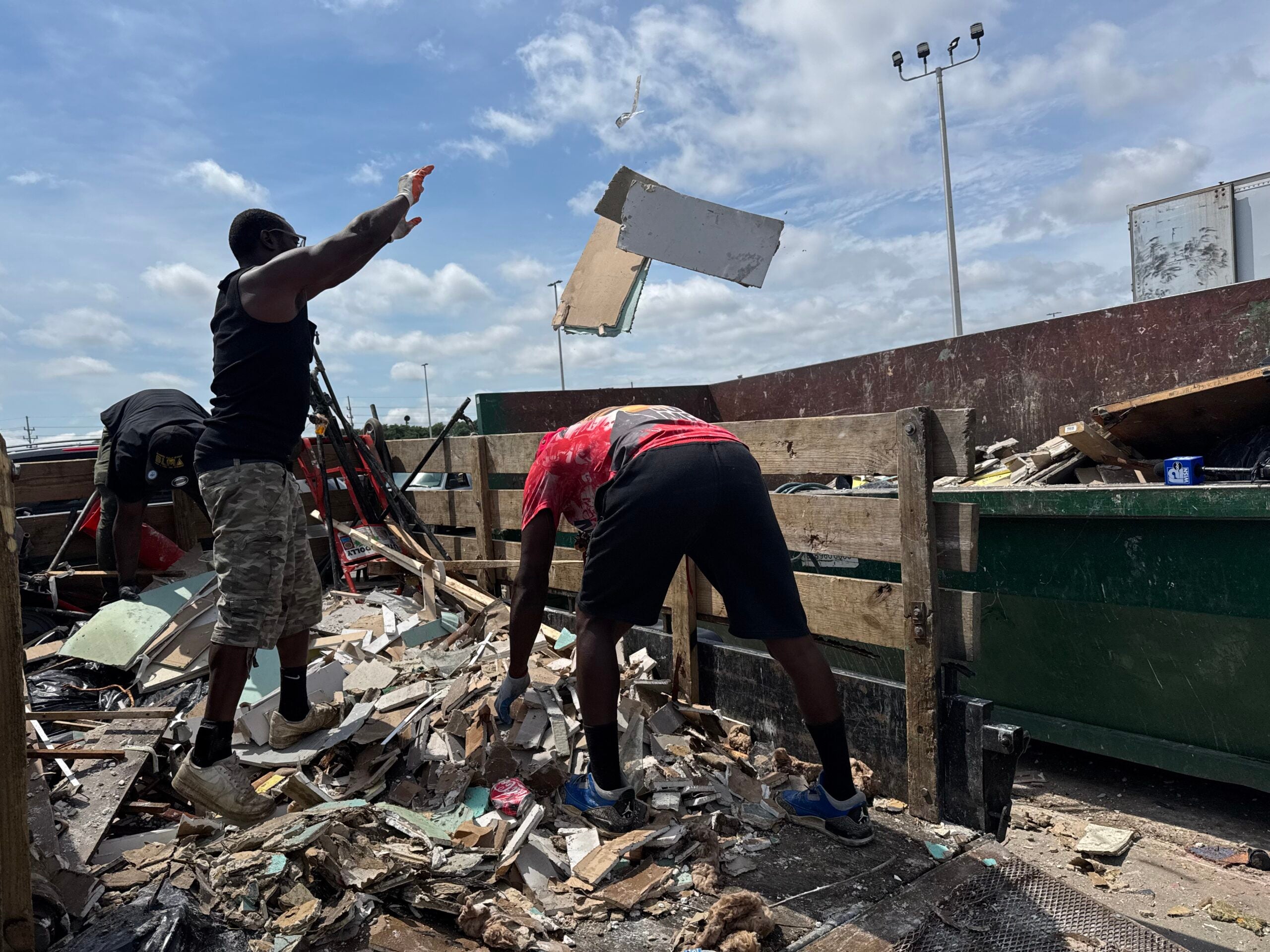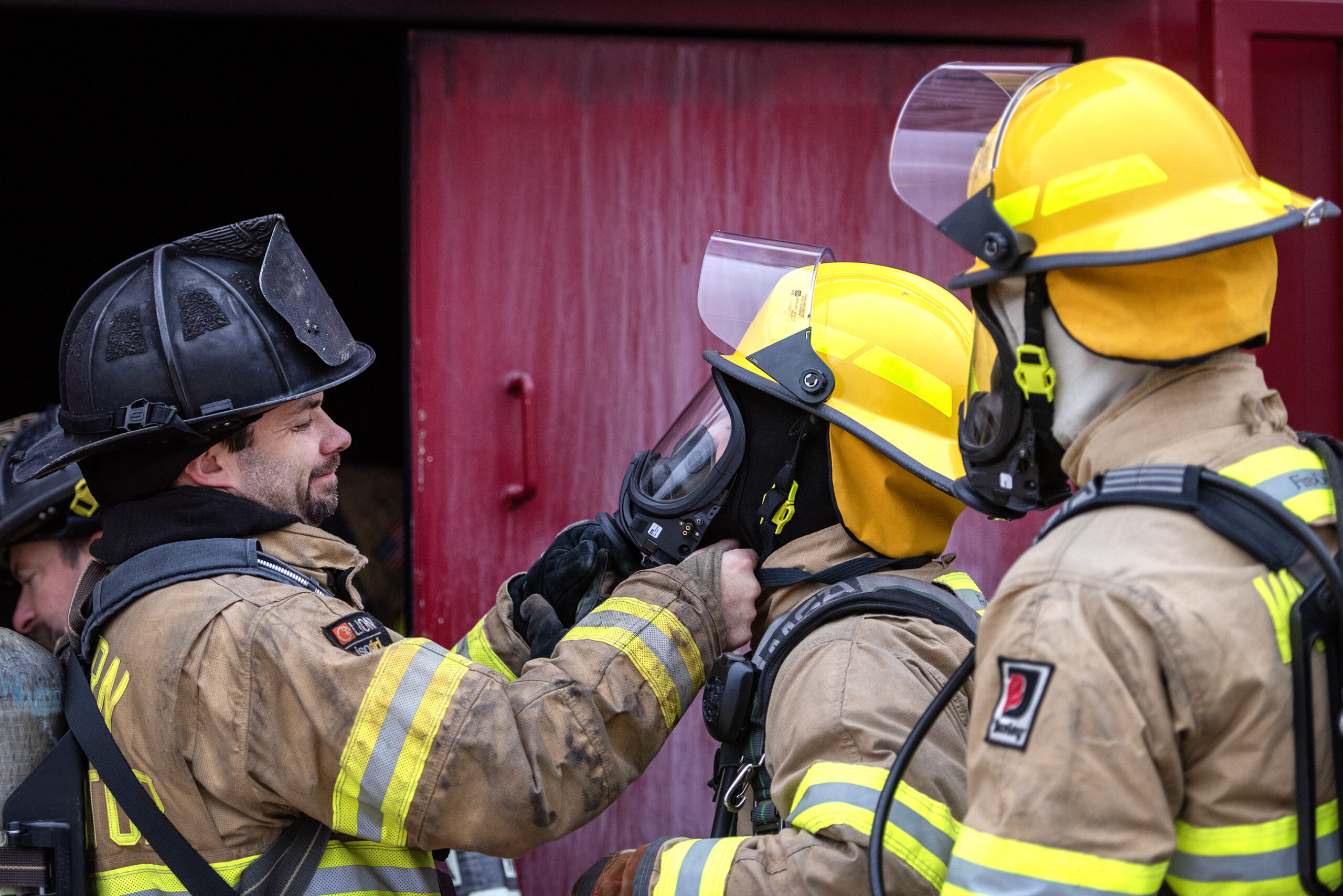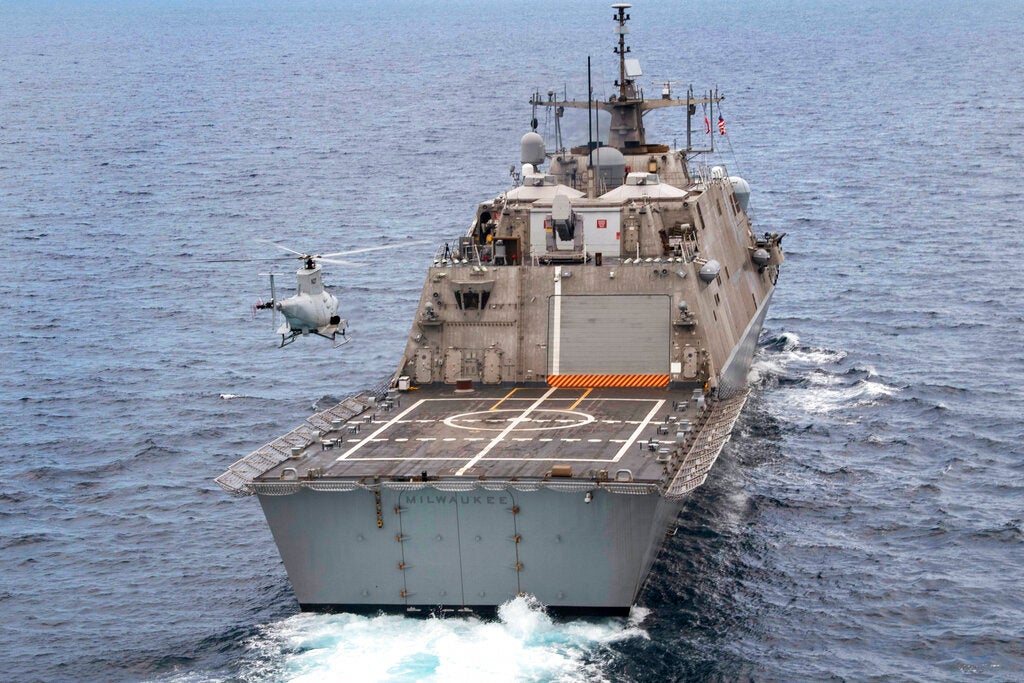A report from the Department of Justice shows that trust between the Milwaukee Police Department and the community has been damaged. We find out what’s contributing to the trend. Should those living in Wisconsin be concerned about the possibility of earthquakes? We talk with a science writer who thinks that the entire U.S. could encounter quakes and that taking preventative measures can save lives in the future. We also learn what the Cassini spacecraft discovered about Saturn, as its mission comes to a close. A top news headline get a closer look as well.
Featured in this Show
-
U.S. Is At Risk Of Another Devastating Earthquake, Author Says
There’s a mental image that comes with an earthquake. Somewhere sunny and costal, like San Francisco.
But science journalist Kathryn Miles says that’s not entirely correct.
Faults — the breaks in the Earth’s crust that spur earthquakes — occur everywhere. That understanding is relatively recent, she said.
“There are 2,100 known faults in the U.S. A good number of them are actually east of the Rockies,” she told WPR’s “Central Time.” “The reality of earthquakes in this country is every major one has actually occurred on a fault that we didn’t know about prior to that earthquake activity. Every year, we’re discovering dozens of new faults. We don’t really know which ones are capable of a major quake and which ones aren’t.”
In her new book, “Quakeland: On the Road to America’s Next Devastating Earthquake,” Miles writes that the next major quake is imminent. Its potential destruction and devastating, and it could affect the entire country.
Take cities like Memphis and St. Louis.
“They had a series of three devastating earthquakes in 1811, 1812. We know that fault is reloading. We know that eventually, there will be another series of devastating earthquakes,” she said. “Certainly, if that happens in our lifetime, the repercussions are going to be not just for the Midwest, but for the entire country, and that’s largely because places like Memphis are such a transportation hub.”
The problem with this happening in the U.S., she said, is that the country is unprepared for another major earthquake. Even minor quakes can cause billions of dollars in damage.
“As a nation, we’re really great at responding to crisis. We’re really good at helping out one another and really rallying around a community,” Miles said. “But we tend to lack imagination and initiative when it comes to that sort of forward-looking planning, that anticipating and responding to the disaster before it happens.”
One of the things that makes earthquakes challenging is their unpredictability, she said. While people might know days ahead of time that a hurricane is about to strike, technology isn’t to that point yet with earthquake prediction.
That’s because there’s still a lot scientists don’t know about earthquakes.
“I was really surprised by that as I was talking to scientists as I was writing this book. They kept saying, we know more about distant galaxies than we do about how the inner workings of our planet behaves,” she said. “Prediction is something that we once really invested heavily in as a nation and it’s so far really proven elusive and probably always will be.”
Some countries, such as Mexico, Japan, and China compromise with an early warning system that can give around a minute’s notice before a major quake.
That’s not enough time to evacuate, but it’s time enough to shelter under a table, divert a landing airplane or close a tunnel, Miles said.
The country has learned from past earthquakes. Past destruction in San Francisco has led to new infrastructure and highway policy and protocol.
But Miles said the need is still imminent for more preventative action. Increasingly, earthquakes are man-made — caused by hydraulic fracking and wastewater disposal. Even the construction of the Hoover Dam was linked to a series of earthquakes. She said we’re just beginning to see the full effect of man-made earthquakes so it’s hard to see what the future may bring, and whether it may get worse.
“Taking the time to actually shore up our grid, to really spend the money on our roads and bridges, our airports, our levys, is something that’s overdue and really just can’t wait any longer,” she said.
-
Department Of Justice Report Shows Lack Of Trust Between Milwaukee Community And Police
A draft report from the Department of Justice finds that trust between the Milwaukee community and the city’s police force has been damaged. We speak with WPR’s Chuck Quirmbach about the report and what happens next.
-
NASA's Cassini Mission Comes To An End
In mid-September, NASA’s Cassini spacecraft will plunge into Saturn’s atmosphere, which will burn up the ship and turn it into a meteor. We look back at one of NASA’s most iconic missions.
-
Why Earthquakes Are A Bigger Threat Than You Might Think
When it comes to natural disasters in Wisconsin, fires, floods and tornadoes tend to top the list of things residents most worry about, and for good reason. But should we also include earthquakes on that list? A science journalist and author makes the case that the threat of earthquakes in the United States, even in the states away from major faults, is bigger than you’d think, and human activity has played a big part. We talk about the science of earthquakes, what we know and still don’t know about them, and whether or not the country is ready for a major seismic event.
Episode Credits
- Rob Ferrett Host
- Veronica Rueckert Host
- Chris Malina Producer
- J. Carlisle Larsen Producer
- Amanda Magnus Producer
- Kathryn Miles Guest
- Chuck Quirmbach Guest
- Bill Andrews Guest
Wisconsin Public Radio, © Copyright 2025, Board of Regents of the University of Wisconsin System and Wisconsin Educational Communications Board.




